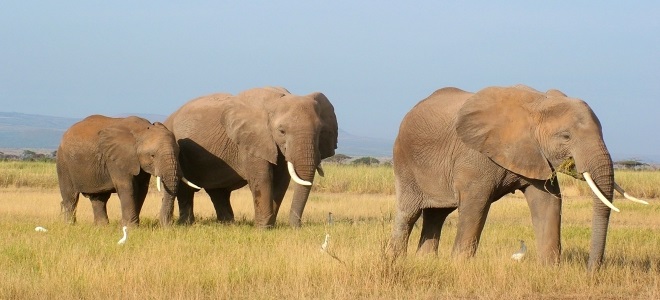
Saturday, May 28, 2016
 The International Criminal Police Organization (Interpol) has emphasized the need to combat wildlife trafficking involving criminal networks operating in Eastern, Central and West Africa.
The International Criminal Police Organization (Interpol) has emphasized the need to combat wildlife trafficking involving criminal networks operating in Eastern, Central and West Africa.
Davyth Stewart, Coordinator with Interpol's Environmental Security Programme, said combating the trafficking in wildlife products like wooden logs and charcoal, would have massive benefits to local communities, which require law enforcement agencies to work together.
"I see the work that can be done by the law enforcement agencies in controlling the exploitation of natural resources to have a lot of benefits to local communities if we work together to cut off local supply chains," Stewart told Xinhua in an interview on the sidelines of the UN Environment Assembly.
According to the Interpol, Somalia's Al-Shabaab previously controlled trade in charcoal products within the territories under its control. However, the group lost control over some of the areas to a combined force of the Kenyan Defense Forces (KDF) and the Somali Army under the African Union Mission in Somalia (AMISOM).
Stewart said the shifting control that the Al-Shabaab has had in the past over the territory in Somalia has been weakened by the "constant battle for power" between the AMISOM and the Kenyan troops."Their involvement in charcoal trade also shifts depending on the territory where charcoal moves. When they lose the territory, they lose the profits. Charcoal trade is one of the things that certainly was a source of profits for the Al-Shabaab depending on whether or not they reclaim control of territory."
The illegal trade in wildlife products is one of the main issues that has dominated the discussions at the UNEA meeting, which kicked off on May 23 and was due to end on May 27.
Stewart said Interpol's Counter-Terrorism Unit was currently taking an interest in the movement of Al-Shabaab fighters between East to West and Central Africa.
"They are certainly trying to spread their influence westwards and into Central Africa. This is an ongoing issue and the battle for territorial control as well," Stewart said.
"There are suggestions of Al-Shabaab and terrorist groups generally involved in wildlife crimes and natural resource exploitation, not just in Kenya, but further west, trying to control trade, not just in charcoal, but other wildlife products," Stewart said.